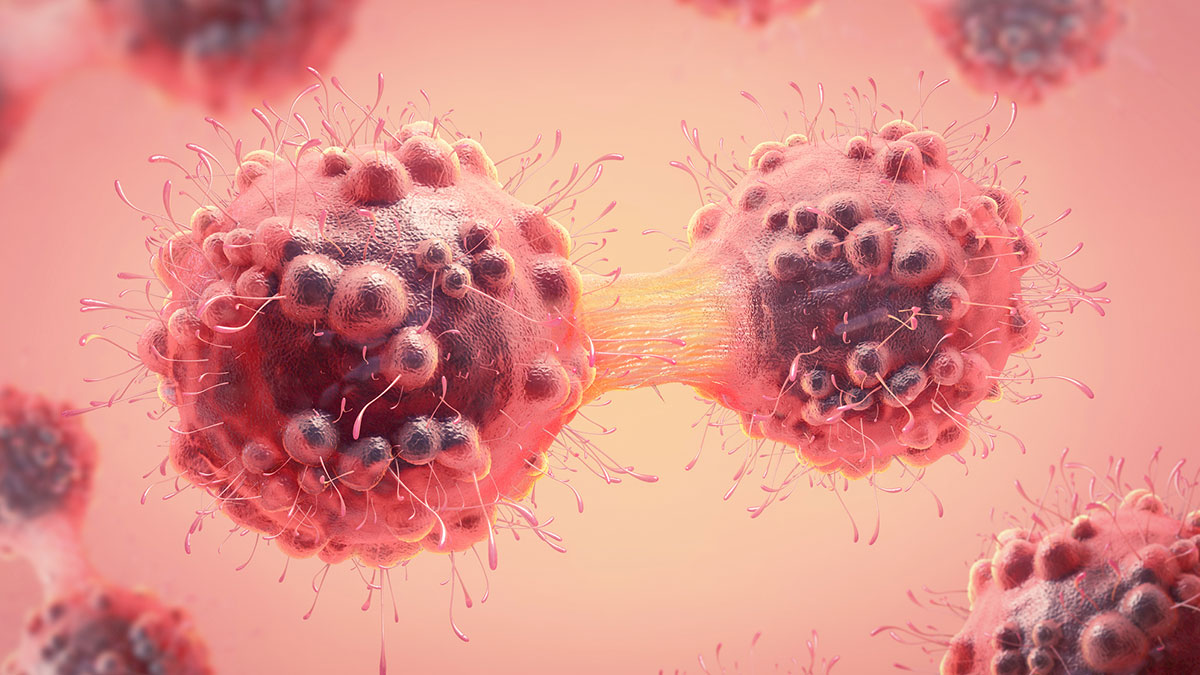AI test could predict best cancer therapies for patients

Researchers at the Institute of Cancer Research (ICR) in London have designed a prototype test that they think could be used to predict which combinations are likely to work in cancer patients within two days.
The technique uses artificial intelligence (AI) to analyse protein data harvested from tumour cells, using an algorithm trained by looking at changes to 52 proteins when they are exposed to a panel of targeted anticancer drugs.
The AI can product response of a tumour to treatment with drugs delivered as single agents or in combination, according to the scientists, who have published their findings in the journal Molecular Cancer Therapeutics.
The team has focused initially on non-small cell lung cancer (NSCLC), the most common form of lung cancer, but say the same principles could be applied to other tumour types, and combined with other testing approaches like genomics to inform treatment decisions.
Genetic analysis of tumours can reveal mutations that are fuelling cancers growth, some of which can be targeted with treatment, they note. However, genomics alone is not able to reliably select drug combinations, and layering in their proteomics approach can improve the predictive power of this approach.
The technique was able to predict individual drug responses more accurately than genetic features, such as mutations in three key genes (EGFR, KRAS and PIK3CA) which are already used to select patients for treatment with targeted drugs.
They then used the AI to predict sensitivity to drug combinations, using 21 different two-drug combinations in lung cancer cells with different gene faults, such as mutations in EGFR and KRAS. Of 252 total drug combinations, 128 showed some level of synergy, meaning their combined effect exceeded the effect of each individual drug added together.
The machine learning prediction was compared to clinical data on combination therapy and revealed it correctly identified the top five ranked combinations 57% of the time and the top 10 combos 83% of the time.
It was able to predict the efficacy of some established combination therapies for NSCLC, such as BRAF/MEK and EGFR/mTOR inhibitors, but also identified brand new recipes.
For example, it suggested dual therapy with Roche's BRAF inhibitor Zelboraf (vemurafenib) and AstraZeneca's experimental AKT inhibitor capivasertib be effective against NSCLC cell lines with no mutations in EGFR or KRAS.
The team behind the work, led by Professor Udai Banerji of ICR and the Royal Marsden NHS Foundation Trust, stress it is still early days for the approach and further validation will be needed before it is ready for clinical use.
"Before this test can enter the clinic and guide personalised treatment, we will need to further validate our findings – for example, by carrying out a study where we run the test in patients already getting a treatment to check if the predictions are correct," he said.
The researchers are already planning a larger follow-up study which will test 15 drugs and look at 12,000 tumour cell proteins.













